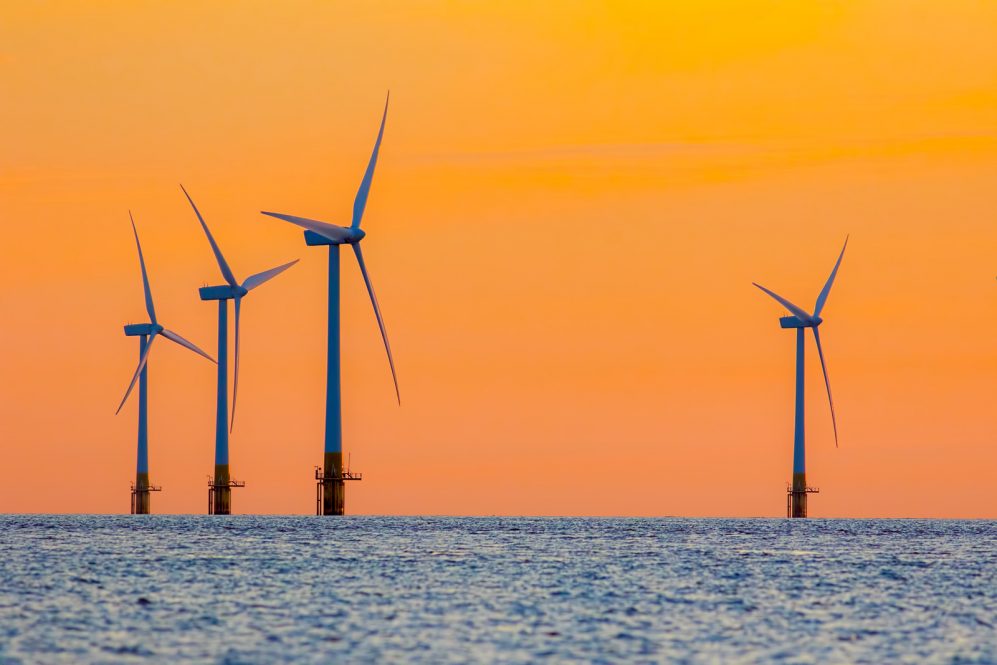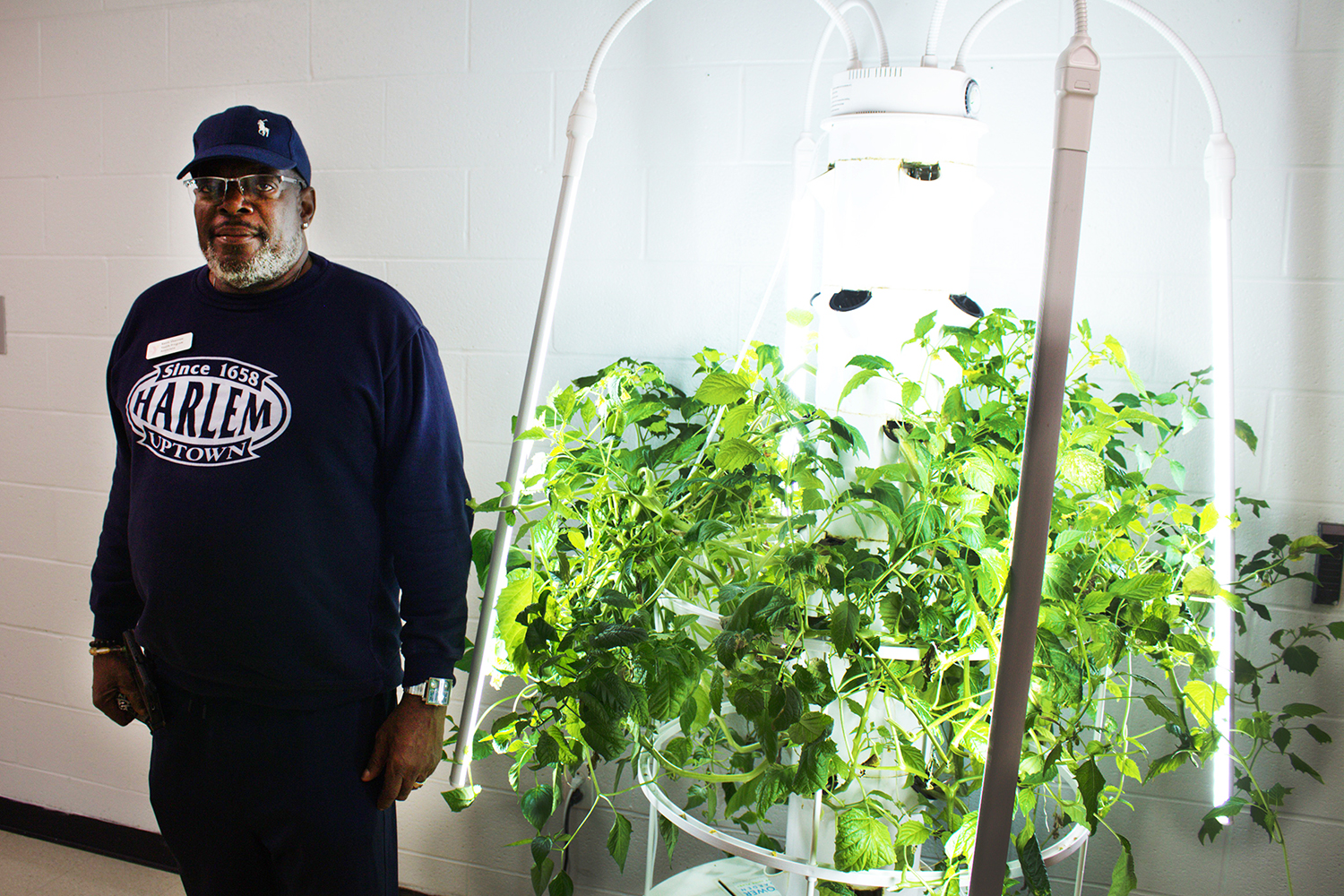As part of the successful partnership between Connecticut and the state of Baden-Wuerttemberg in Germany, the University of Connecticut and the German Consulate in Boston welcomed members of EnBW North America for a virtual presentation on renewable energy entitled “Made in Germany”. The event on March 16, 2021 provided an opportunity for students and others in the University community to hear from and engage with representatives from a leading German company.
UConn’s Vice President for Research, Innovation and Entrepreneurship Radenka Maric and Consul General of Germany to New England Nicole Menzenbach, underlined the need for international coalition building to tackle climate change, calling it, “the defining challenge of our time.” Maric highlighted UConn’s contributions to carbon neutral energy generation by pointing out activities in energy research at the Center for Clean Energy and beyond.
Offshore wind generation will play an important role in the decarbonization of the energy sector along the East Coast and more broadly across the United States. As an emerging industry in this country, it will also offer graduates and interns the unique opportunity to get in on the ground floor and truly build something from scratch, integrating green energy infrastructure into the fabric of U.S. communities and policy.
Building on UConn’s strong connections to universities and companies in Baden-Wuerttemberg, Lars Gonschorek, acting CEO of EnBW North America—whose global headquarters are located in Karlsruhe—and Jamie Bessmann, EnBW North America’s Community Engagement Manager, served as guest speakers for this student-centered event. Attendees had the unique opportunity to learn directly from a high-level industry expert in a virtual classroom experience.
At the start of his presentation about offshore wind technology and its potential in the U.S., Gonschorek professed to being an avid supporter of international student exchange. He emphasized study abroad as a unique opportunity for personal growth and development that puts students ahead of their peers when competing for jobs. He himself studied in Germany before continuing his education at the University of Rhode Island. Both Gonschorek and Bessmann agreed that traveling and studying abroad successfully prepared them for working in international and intercultural team-settings.
Gonschorek’s explanation of concepts of offshore wind technology was complemented by Bessmann’s insights in stakeholder management and the complex policy environment. The U.S. offshore wind industry is still in its infancy but is rapidly developing, and its future looks bright. Many European companies offer international opportunities and are striving to expand to the United States. Bessmann highlighted the educational challenge that is inevitably tied to halting climate change, noting that policy reform needs to go hand in hand with public facing educational efforts. She explained that offshore wind projects need to be approached from a community-building perspective. Offshore wind provides additional value rather than a threat and, in order to succeed, developers need to garner the support of the local communities. Successful participatory approaches and inclusive energy dialogue invite all relevant stakeholders, including voices from fisheries and other interest groups, as well as state and local governments.
Both speakers highlighted how the industry offers exciting opportunities for students from a vast range of backgrounds: Project planners need to understand not only financial aspects and the complex policy environment. They also need to collaborate closely with engineers, government representatives, local interest groups and financial institutions. Students, faculty and senior administrators alike enjoyed the expert perspectives offered in an accessible conversational atmosphere and made use of the opportunities to ask questions and engage with the speakers.



